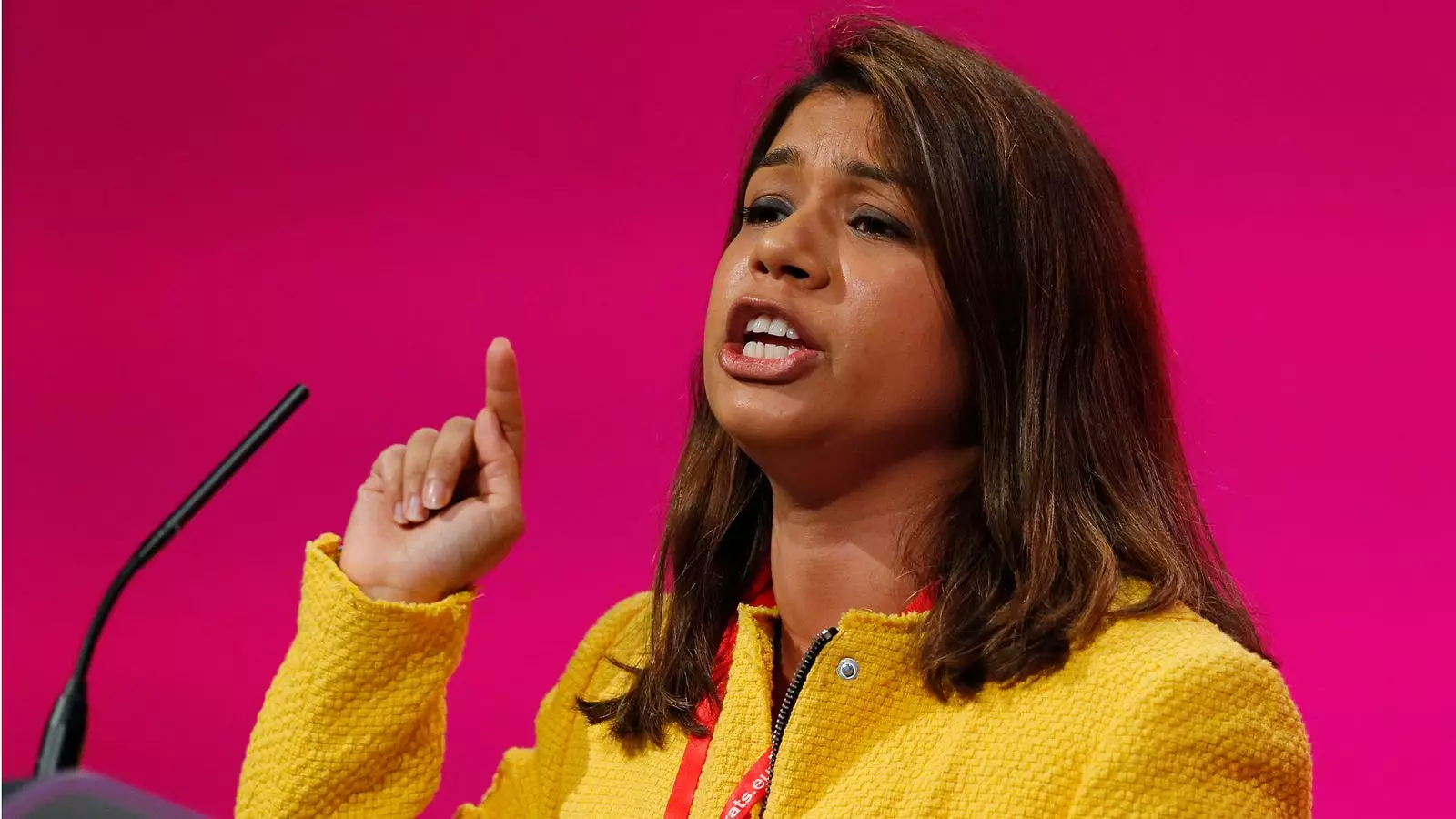In Bangladesh, allegations against Tulip Siddiq, an anti-corruption minister and member of the UK Parliament, have sparked significant controversy. Investigators claim she played a role in the illicit allocation of land, specifically within the diplomatic district of a development project near Dhaka. The Bangladesh Anti-Corruption Commission (ACC) has filed an affidavit outlining these accusations and named several family members as beneficiaries of this alleged misconduct. The situation raises questions not only about Siddiq’s integrity but also about the political machinations at play in both Bangladesh and the UK.
The allegations center around Siddiq’s supposed influence over land allocation procedures during her tenure as a Member of Parliament. It is asserted in the ACC’s documentation that Siddiq colluded with her aunt, Sheikh Hasina, a former Prime Minister of Bangladesh, to obtain prime plots of land for her family members. Specifically mentioned are her mother, sister, and brother, further complicating the narrative by intertwining familial ties with political authority. Akhtar Hossain, the director general of the ACC, has emphasized the misuse of power in these pursuits, suggesting that officials were allegedly coerced into facilitating these land deals through bribery or other duress.
The implications of these allegations are profound, particularly given the current political climate in Bangladesh. Following significant unrest and protests that led to Hasina’s resignation, the allegations against Siddiq can be seen in a broader context of political retribution and rivalry. Critics of Hasina’s previous administration have seized on these accusations to question the integrity not just of Siddiq but of the entire Awami League party. Some have framed the actions of Siddiq as symptomatic of systemic corruption that plagued her aunt’s government.
Furthermore, the timing of these accusations raises eyebrows, as they coincide with a transitional phase in Bangladesh’s political landscape, where the new government is eager to distance itself from the previous regime and showcase its commitment to transparency and accountability.
The immediate response from Siddiq has been one of denial; sources from the Labour Party assert that she utterly refutes the claims and has not been contacted by investigative authorities regarding the allegations. They argue that no substantial evidence has been presented to support the charges against her. This defense is critical. A lack of evidence could suggest that these allegations may be politically motivated, aimed at discrediting a prominent opposition figure.
The Labour Party’s efforts to distance itself from the allegations include statements asserting that the accusations lack credibility. However, the opposition’s insistence on innocence does not eliminate the shadows these claims cast over Siddiq’s political career. Despite her denials, the controversy has undoubtedly complicated her position, drawing scrutiny from various political factions and the public.
Experts in anti-corruption have voiced concerns over Siddiq’s current role in UK government, particularly her position overseeing issues related to money laundering and economic crime. Peter Munro, senior coordinator at the UK Anti-Corruption Coalition, has highlighted the inherent conflict of interest present in Siddiq’s dual engagement in high-stakes politics while facing serious allegations. Calls for her suspension from ministerial duties reflect broader concerns about accountability and ethical governance.
A potential suspension could set a precedent and underline a zero-tolerance approach to corruption for the new UK government, especially when such charges can have international implications.
As the investigation unfolds, the situation surrounding Tulip Siddiq remains fluid and complex. Questions persist regarding the motivations behind the allegations and their impact on her political career. Whether these claims represent a genuine concern about corruption or merely a strategic assault in the ongoing political warfare remains to be seen. The interplay of familial ties, political rivalry, and emerging governance will likely shape the narrative moving forward. Until further evidence comes to light, this case serves as a reminder of the intricate dynamics that govern the relationship between political figures and their respective influences, both domestic and abroad.


Leave a Reply